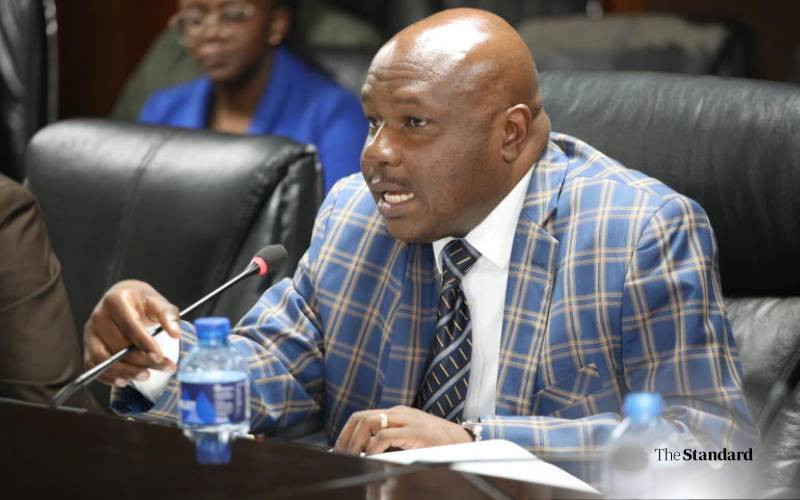Understaffed, under-resourced BMA has hands full at borders
As border crossings spike over peak periods like the Easter weekend, the Border Management Authority (BMA) says it’s ramping up efforts not only to curb illegal crossings but also to ensure repeat offenders are brought to justice.
BMA deputy assistant commissioner Peter Mphilo spoke to Sowetan about how they deal with undocumented individuals caught at the border, and the capacity challenges the authority continues to face.
“There are categories of people that get to be processed differently depending on our findings as we intercept,” he explained.
“Those who are found to have an expired passport or without a passport, we process them by taking their fingerprints on the system so that the system has a record that the person was in South Africa with an expired passport, and then we deport them accordingly in line with the Immigration Act."
However, Mphilo said individuals suspected of playing a facilitation role, including guides or “transporters” helping migrants cross the border illegally, face harsher consequences. “Those that are travelling without papers but found to be facilitators, either through the borderline or even near the port of entry as they assist people to illegally cross, we charge them for aiding and abetting and take them to police station. Their case has to be investigated properly and prosecuted accordingly,” he said.
In cases where individuals are caught and deported, only to return shortly afterward, the BMA has protocols in place.
BMA officials on patrol told Sowetan that often they'd deport a person only for that individual to be caught on camera 48 hours later trying to cross the border. "It's a vicious cycle and it's also a lot of work. This one time I caught one person during the day, and when I was knocking off later that day I crossed paths with him again," said an official who wanted to remain anonymous.
However, Mphilo said they arrest repeat offenders. “Those we would have deported and they find themselves back into South Africa when we catch them again, we do not simply deport them back. We charge and take them to the police station for a case to be opened and we subject them to the legal system of this country," he said.
While the BMA has stepped up its operations with drone surveillance and on-the-ground patrols, the commissioner admitted the agency was still significantly under-resourced. “The capacity we have is relative to the threat we are confronted with. With the limited resources we have, and the assistance of the technology, we're able to close the gap of inadequate staff," said Mphilo.
He said the BMA currently had about 2,600 officers deployed nationally, including border guards and support staff to guard 71 borders, but the full staffing plan envisions over 13,000 personnel. “I don't have to be interviewed for you to understand the gap. We are severely understaffed and under-resourced," he said.








